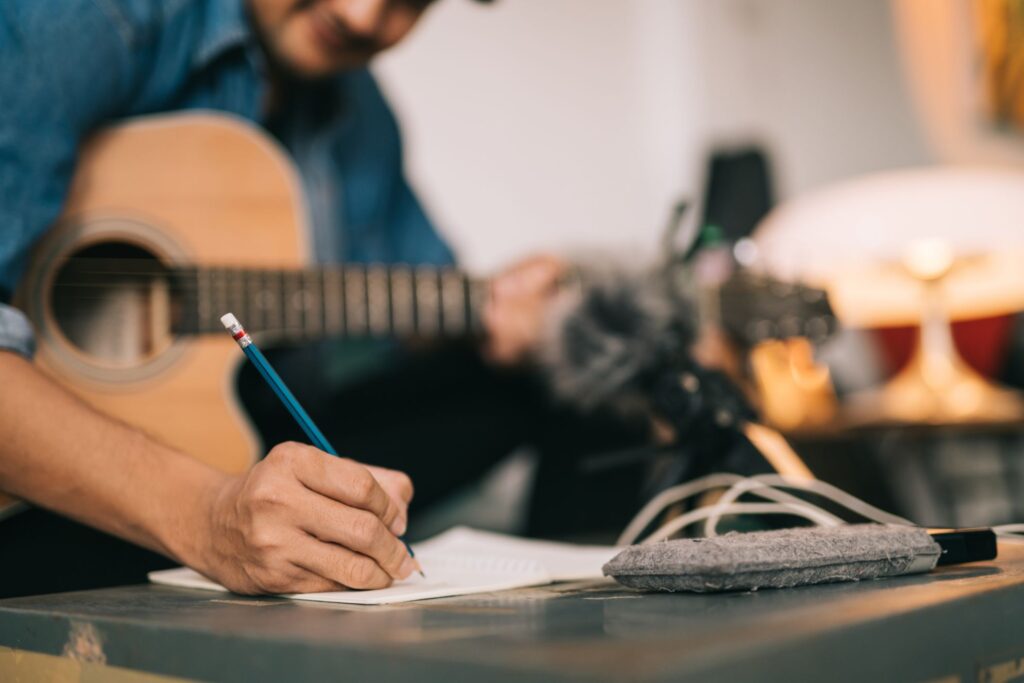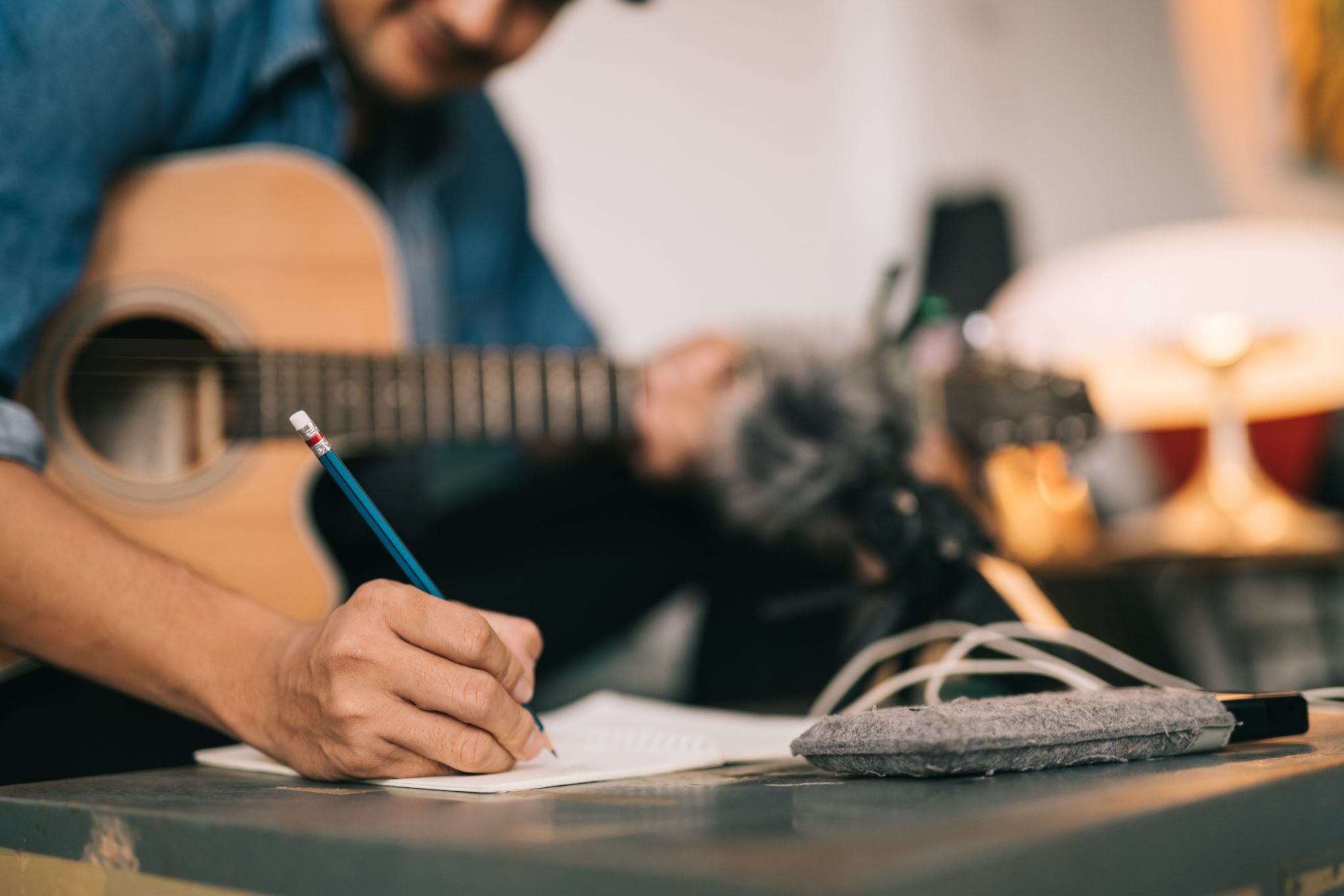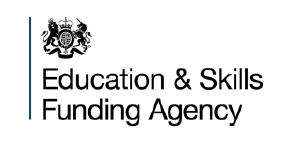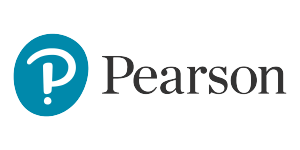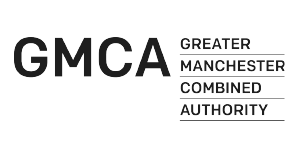Good songwriting is not just about writing a timeless classic, it can influence the world of music, society, and culture while constantly inspiring new generations of artists. Think of the likes of Bob Dylan, Paul McCartney, Prince, and Bruce Springsteen. These famous songwriters all started as beginners, here is our guide on writing your own amazing music.
How to write music
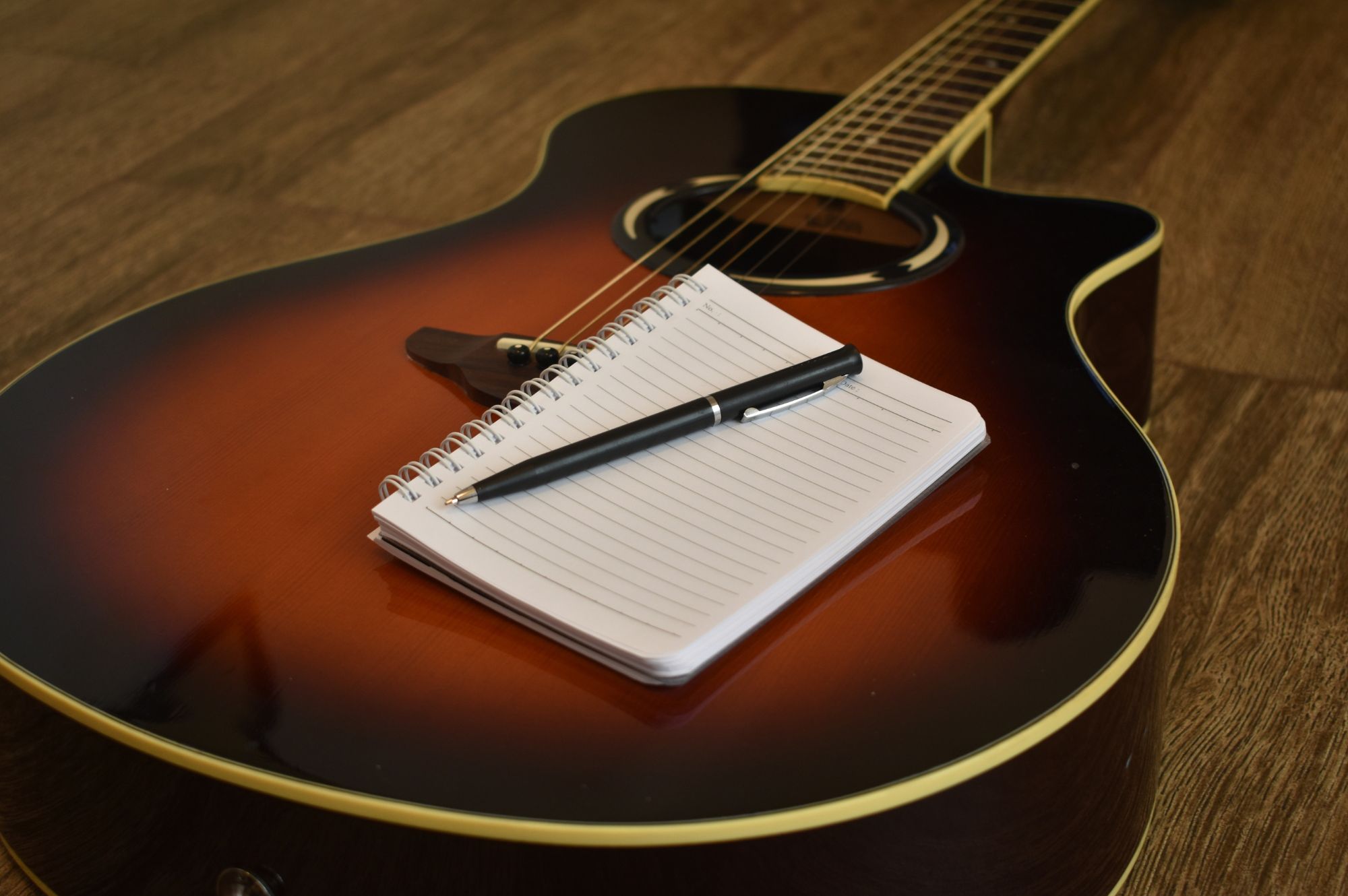
Is it hard to write a song? Writing songs can be hard, especially in the beginning, but it doesn’t have to feel overwhelming and impossible. Songwriting is a creative process which involves practice, patience, and persistence. Here is a step-by-step guide if you’re finding it hard to start writing (with some songwriting tips thrown in):
1) Start with Inspiration
Listen to a variety of songs and genres to understand different styles, structures, and elements. Then, think about what you want to express through your music, is it your emotions, stories, experiences, or ideas?
2) Develop a Basic Structure
Start with a simple structure like verse-chorus-verse-chorus. Next, consider adding a bridge for contrast, then leading to the final chorus, think about how you want to start and end your song.
3) Write Lyrics
Start with a hook (a catchy line) which will be repeated in the chorus, often the most memorable part of the song. Verses usually tell the story or develop the theme so keep them simple and clear. Don’t forget to pay attention to how the words flow together, rhyming can help to make the lyrics more memorable and catchy.
4) Create a Melody
Try humming a tune over your lyrics and let the melody come naturally if possible. If you play an instrument, use it to help you find a melody which fits your lyrics.
5) Add Chords
Use basic chords like C, G, Am, F if you’re just starting out and choose chords which match the mood of your lyrics and melody. Don’t be afraid to experiment with different chord progressions to see what sounds best.
6) Refine Your Song
Record a demo on your phone to help you hear what’s working and what isn’t. Use it to change any parts which don’t feel right, songwriting is often a process of trial and error. Share your song with friends or fellow musicians and ask them for constructive feedback.
7) Recording and Sharing
If you want to share your music, platforms like SoundCloud and Bandcamp are great options. Similarly, social media platforms like Instagram and TikTok are also good for putting yourself out there as the algorithm tends to promote you to accounts which match your style.
8) Keep Learning
Analyse the songs you love, and look at their structure, chord progressions, melodies, and lyrics to figure out what it is you like about them. There are plenty of books, courses, and communities dedicated to songwriting, explore these to continue learning and improving your craft.
Over time, as you build your skills and find your own unique style, songwriting becomes an easier and more enjoyable process. And remember, the challenges you face along the way are part of what makes finishing a song so satisfying!
What genre of music is the easiest to write?
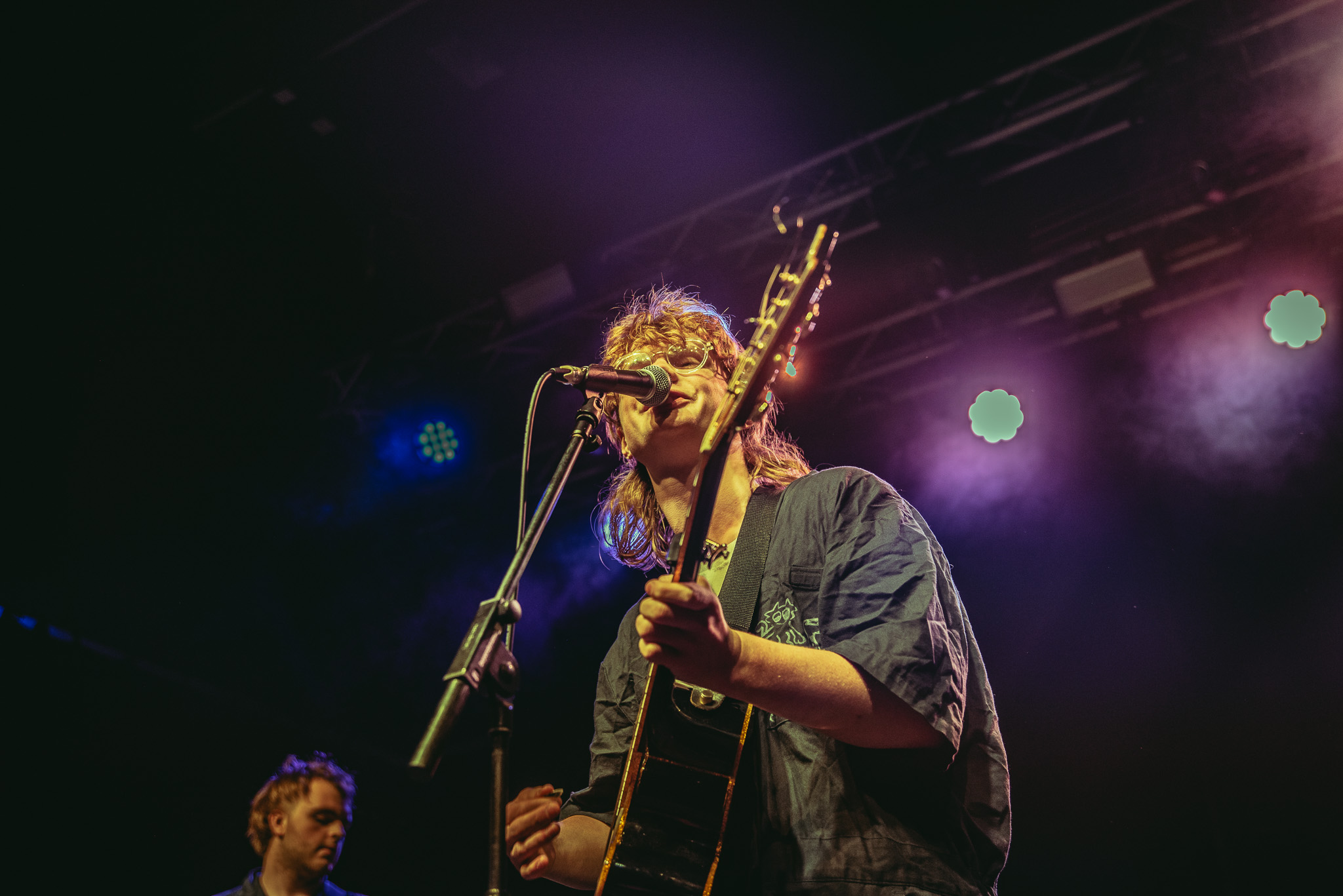
The “easiest” genre of music to write will vary depending on your background, skills, and personal preferences. However, some genres are generally considered easier for beginners due to their simplicity in structure, harmony, and lyrical content, for instance:
- Pop: Pop music often follows a simple structure (verse-chorus-verse-chorus-bridge-chorus) and uses repetitive melodies and hooks. The chord progressions are usually straightforward, and the focus is on being catchy and memorable.
- Folk: Often revolving around storytelling with simple melodies and basic chord progressions, you don’t need complex instrumentation or production to create an iconic folk song.
- Country: Country music shares similarities with folk, especially in its focus on storytelling and emotional expression. The melodies are often simple and catchy, and the lyrics are straightforward.
- Blues: Built on a standard 12-bar structure and uses repetitive chord progressions (often just three chords). The focus is on the emotion conveyed in the performance rather than the complex composition.
What might be easy for one person will be harder for another. Ultimately, the easiest genre for songwriting is the one which resonates most with you and your strengths.
Is there any music-writing software?

There are many music writing software programs, also known as music notation software, which allow musicians to create and edit their own music. Some examples include Sibelius, Finale, and MuseScore. These software options cater to a wide range of needs, from beginners to professional composers, they focus on the visual representation of music, allowing composers to write scores which can be performed by musicians.
Similarly, a Digital Audio Workstation (DAW) is software used for recording, editing, mixing, and producing audio files. Some popular examples include Ableton Live, versatile and great for creating music with loops, MIDI instruments and audio tracks, and FL Studio, known for its pattern-based interface and popular among beginners. Logic Pro X is also good for beginners, as it has an intuitive interface and an extensive library of sounds and loops. DAWs focus on the manipulation of sound and are used for creating finished audio tracks which can be distributed as recordings.
Both tools are essential in different aspects of music creation, and they can complement each other depending on the needs of the project.
Where can I study music?
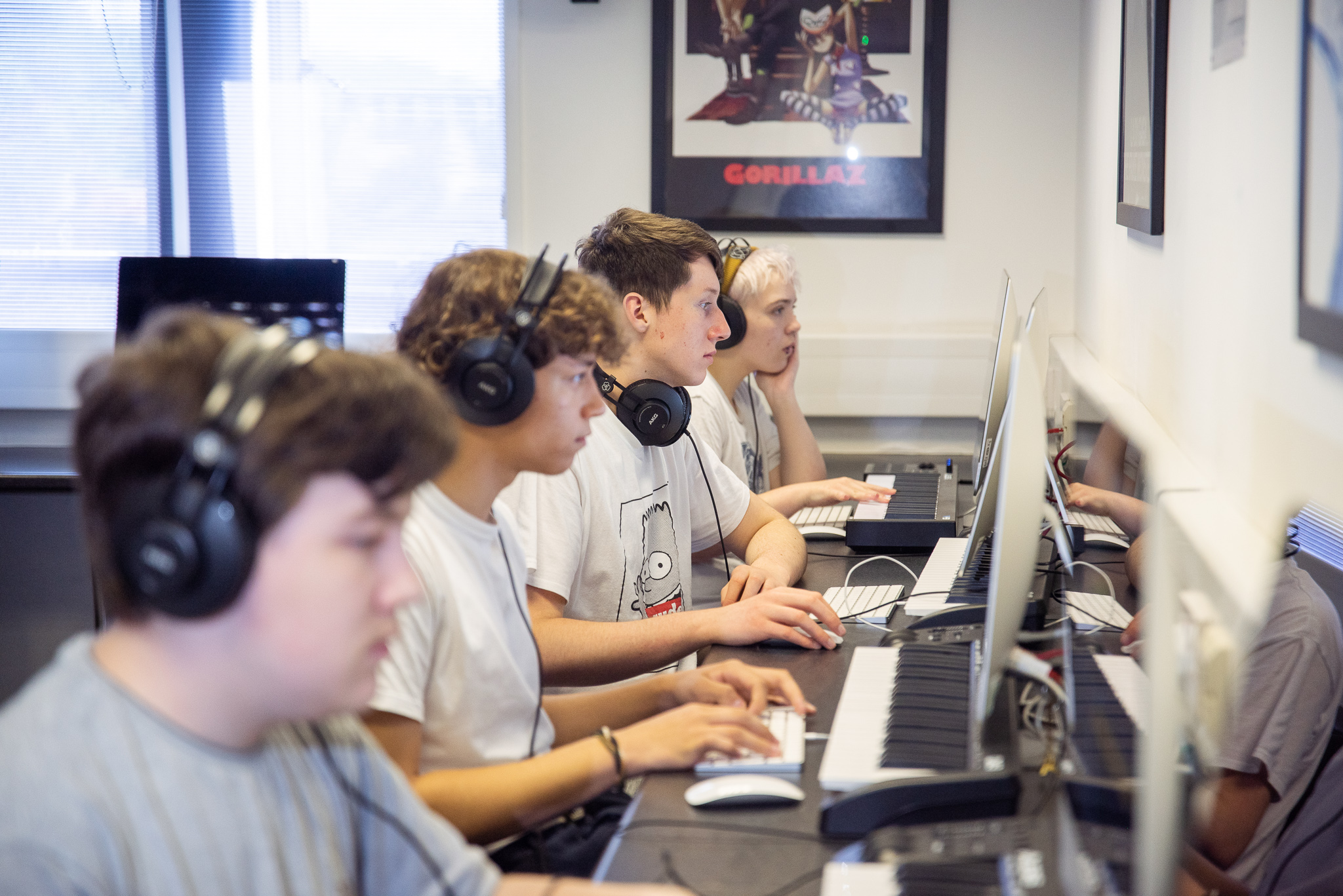
Access Creative College (ACC) offers specialised music courses, including Music Production, Music Performance, and Vocal Artist to name a few. These courses are designed to provide practical skills and industry knowledge relevant to aspiring songwriters and musicians. With connections to industry professionals, organisations and festivals, ACC can provide valuable networking opportunities and insights into the music industry. And don’t just take our word for it, check out our list of alumni to see if you recognise any names!
If you want to become the next biggest songwriter, ACC is the perfect place to start your journey – applications are still open for September 2024!


